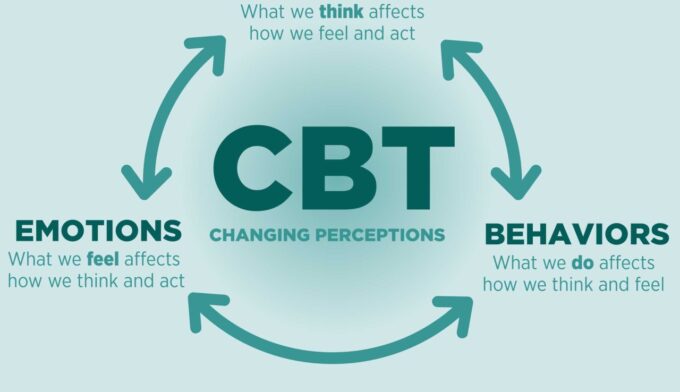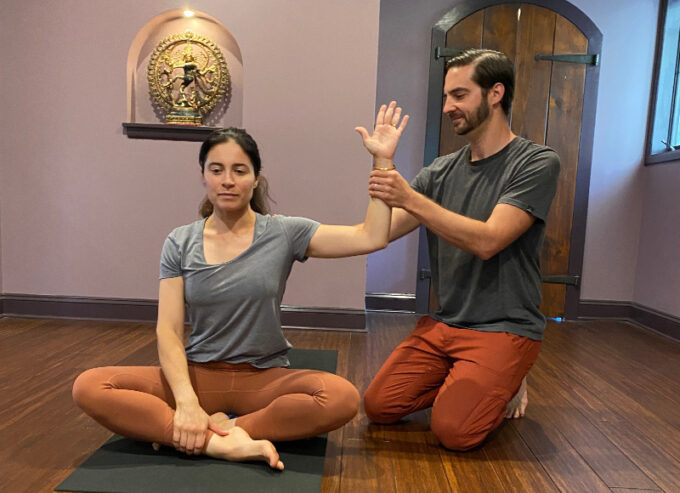You might already know about alcoholism and how people treat it so they can live a healthy life. Several different types of therapy cater to different individuals. A range of treatment and counseling alternatives are available in both inpatient and outpatient alcoholism rehabilitation programmes. The therapies depend upon individuals’ behavior and responses toward the treatment.
When you reach out to different sources, you will find out several categories. Many people react to different types of therapies according to their behavior, which is why they must know about the therapy so that they can easily get themselves treated with ease and care. Further, in this article, we will talk about some of the most common types of therapy that can be used to treat alcoholism.
Some Of The Types Of Therapy That Can Be Used To Treat Alcoholism:
In this article, we will talk about some common yet important therapy types that can be used to treat alcoholism easily. If you take the right measures, the treatment can become easier for you. If you are in search of one such source that can help you with the treatment, then you must check out the best online addiction treatment and see whether it works out for you. Further, we will enlighten you about the different types that will help you in the treatment process.
Goal-oriented interviewing:

Source:pinterest.com
Motivational interviewing (MI) is a technique used in therapy to help patients overcome ambivalence, define specific goals for self-improvement, and maintain their motivation to achieve those goals. Many pipes after alcohol addiction forget the need to get motivated and get back to their tracks. They totally usually forget about their work life and how important it is for them to be healthy and take care of their life.
The goal-oriented or motivational interviewing helps to know about the patient and gives them the best guidance to the individual. Because many people feel helpless in the face of addiction and can benefit from a boost in willpower to resolve to take action against it, MI is a popular therapy for treating substance misuse problems. It is usually used to motivate as well as resolve the addiction issue. During a motivational interview, a therapist will persuade a patient to commit to change, like giving up drinking.
Online Counseling:

Source: ncbhs.org
Online therapy has become one of the best ways through which people can get therapy. This became quite successful after the pandemic, online therapy has grown in popularity and is now considered an effective way to treat various conditions, including alcoholism. It is beneficial for the people who are unable to go to physical places.
Alcoholism has numerous physical, emotional, and social consequences in a person’s life, and online therapy can be an excellent way to address the underlying causes of alcoholism without significantly disrupting their life. Online therapy gives you the liberty of convenience and being effective at the same time. You can definitely try out the online therapy because you have to start from somewhere and online therapy is considered to be one of the most effective ways.
Therapy Using Cognitive Behavior (Cbt):

Source: creakyjoints.org
CBT, or cognitive behavioral therapy, is a tried-and-true technique for easing alcoholism’s effects. Many people go for this therapy as they prefer to take constructive action. The fundamental tenet of CBT is the significance of recognising negative thoughts and behaviours and swapping them out for good ones. Whenever bad feelings come to your mind, they can easily be changed by positive ones. An interaction between a patient and a psychologist will make up a CBT session. They will not highlight the negative ones; they will highlight the positive ones and ensure that they give importance to the good aspects.
CBT is a treatment method that emphasizes problem-solving rather than diagnosis. It does this by having patients challenge false beliefs, face their fears, engage in role-playing to enhance social interactions, and devise plans to stop using alcohol. They ask them to do social interactions and ensure that they can easily get back to the normal routine and give more importance to their positive characteristics.
Meditation & Yoga:

Source: dragonflyyogastudio.com
Most people solely rely on the therapist, but other than that, if you want to change your life, you must physically make your body healthier. You must practice meditation and yoga. Yoga and meditation can help you manage cravings and stay focused during your recovery. Some rehab facilities even provide their own yoga and meditation classes. Even when you will ask your therapist about future growth, they will recommend you to do yoga.
Yoga, in general, is a collection of physical and mental exercises. Yoga practice does not have to include a spiritual or religious component. Meditation is any method of relaxation that aids in the maintenance of calm, peace, a good mindset, and clarity.
Therapy Through Conversation:
This is one of the most common forms of therapy; the traditional method of conversing is psychotherapy. You must know that it does not require a particular therapist to do many tactics with the individual’s mind. During psychotherapy, patients discuss their problems and experiences with a trained psychologist. They are very trained and analyze their mind and make the conversation, which ultimately results in positive treatment.
A one-on-one, group, or family talk therapy session could take place. They invite their close ones, so there will be support in the initial stage, and they also have their motives for the group sessions. A patient and their psychologist may talk about daily difficulties, long-standing issues, and past traumas. Psychotherapy enables a psychologist to develop a mental health diagnosis based on psychoanalysis. Several therapists can also prescribe medications so that there is a long-term effect. You should also ask them about future sessions so you can easily work on your treatment.
Bottom Line
Now you know about the different types of the therapy and why you must opt for them. It is really important to accept reality and go for therapy. Work on the addiction before it gets too late.

